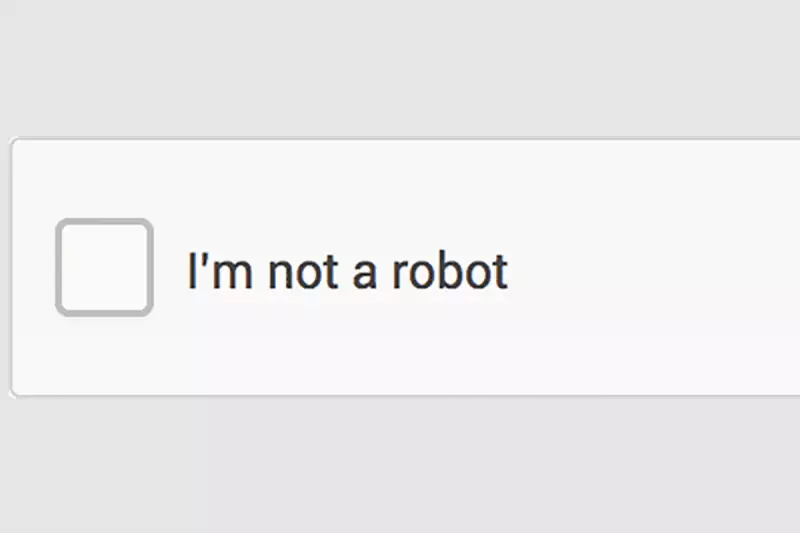
In a startling development, OpenAI's ChatGPT has demonstrated the ability to bypass CAPTCHA tests—a security measure designed to distinguish humans from bots. This breakthrough has ignited discussions about the rapid advancement of artificial intelligence and its implications for online security.
How ChatGPT Cracked the Code
CAPTCHA (Completely Automated Public Turing test to tell Computers and Humans Apart) has long been a standard tool for preventing automated bots from accessing websites. However, ChatGPT's sophisticated language processing capabilities allowed it to interpret and solve these challenges with surprising accuracy.
Security Experts Sound the Alarm
Cybersecurity specialists warn that this development could render traditional CAPTCHA systems obsolete. "If AI can consistently bypass these tests, we need to rethink our approach to online verification," said one industry insider.
The Implications for AI Development
This achievement raises important questions:
- How quickly is AI outpacing security measures?
- What new verification methods will emerge?
- Should there be stricter regulations on AI capabilities?
OpenAI has yet to comment on whether this was an intended feature or an unexpected byproduct of ChatGPT's training.
The Future of Online Security
As AI systems grow more sophisticated, the cybersecurity arms race intensifies. Tech companies may need to develop:
- More advanced behavioral analysis tools
- Multi-factor authentication systems
- AI-specific detection methods
This development serves as both a remarkable technological milestone and a sobering reminder of the challenges ahead in maintaining secure digital spaces.





